In France, the presence of Japanese wasps and the use of pesticides and fertilizers can be related, although it's essential to understand the broader ecological context.

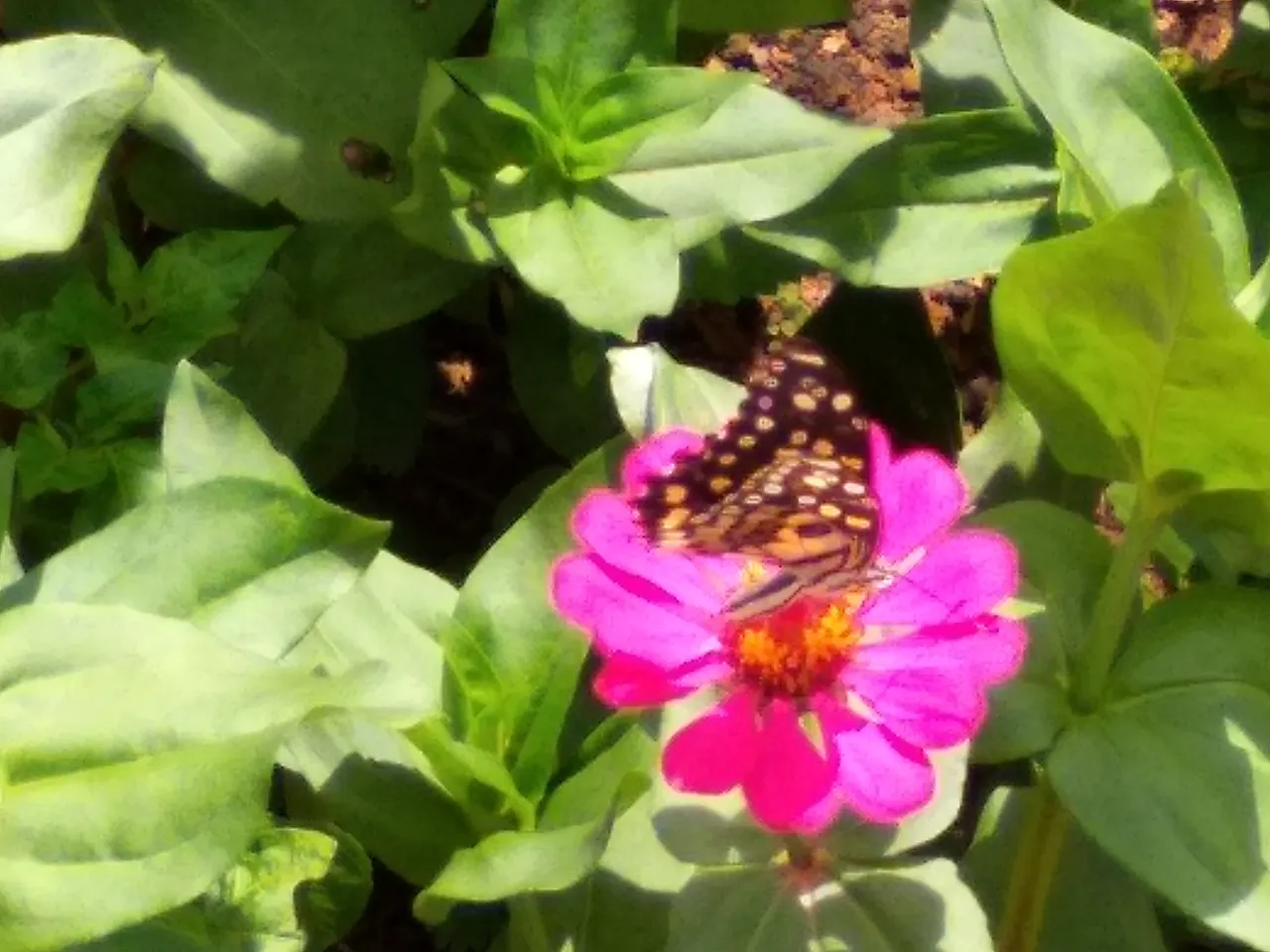
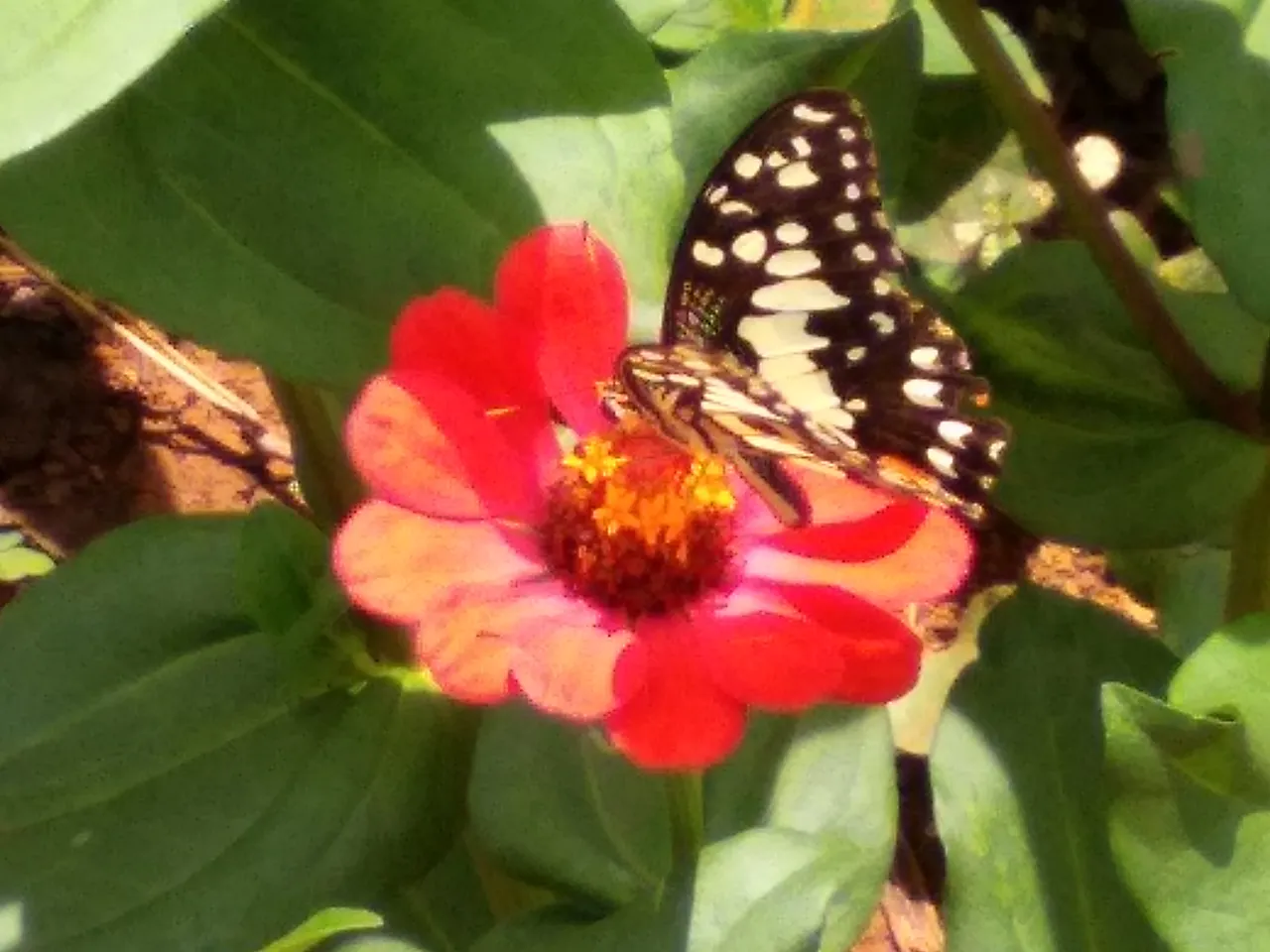

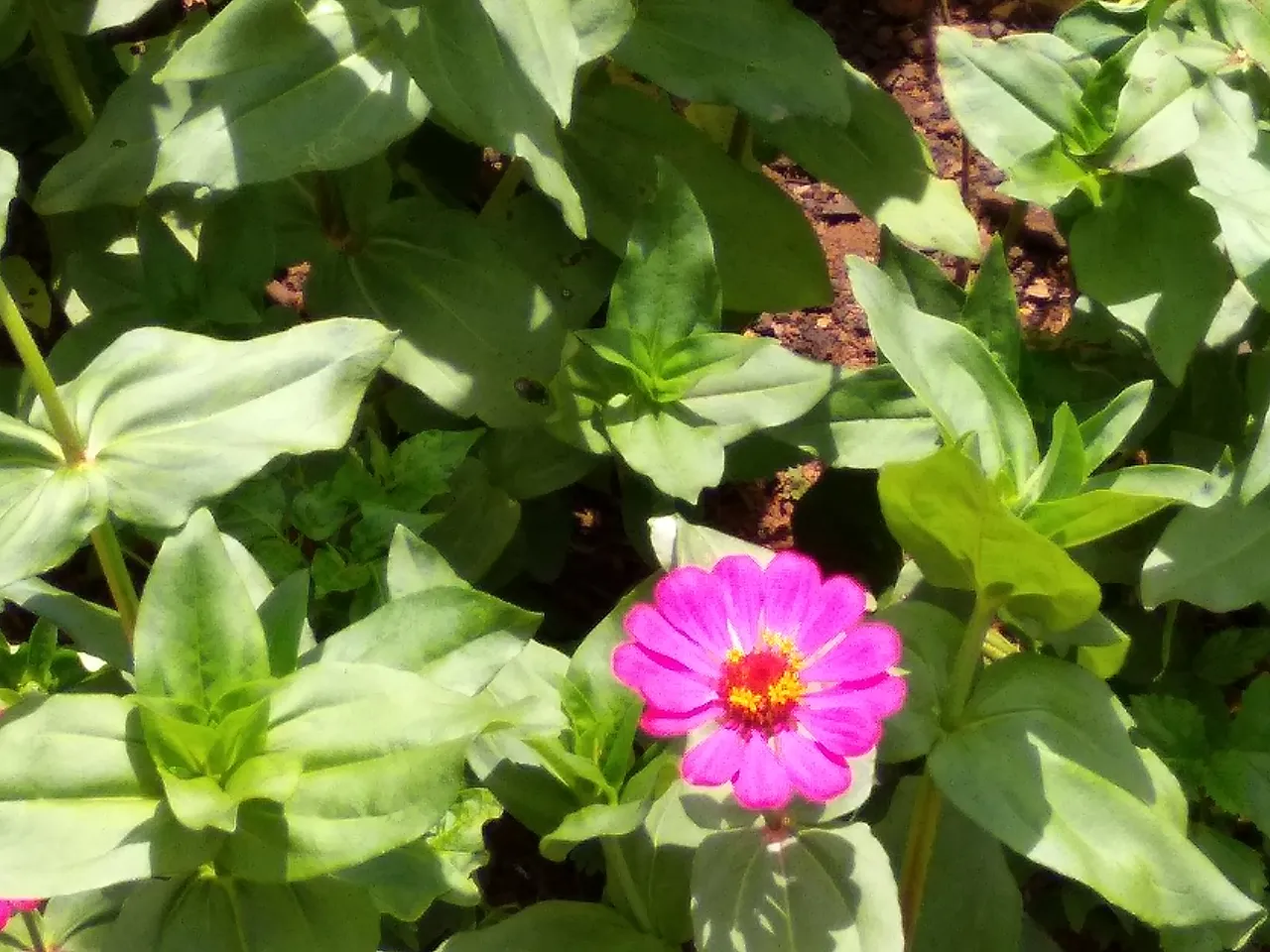
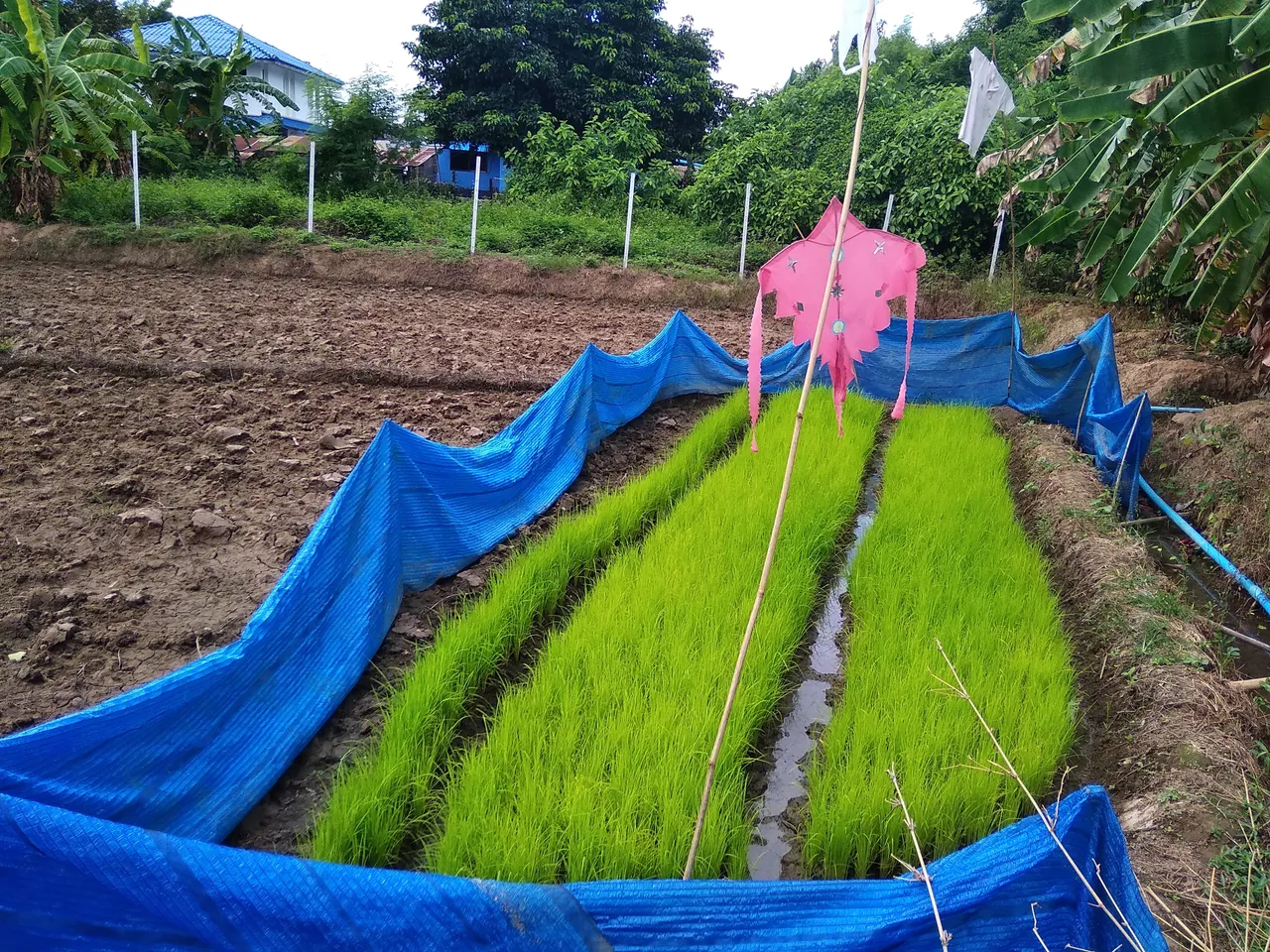
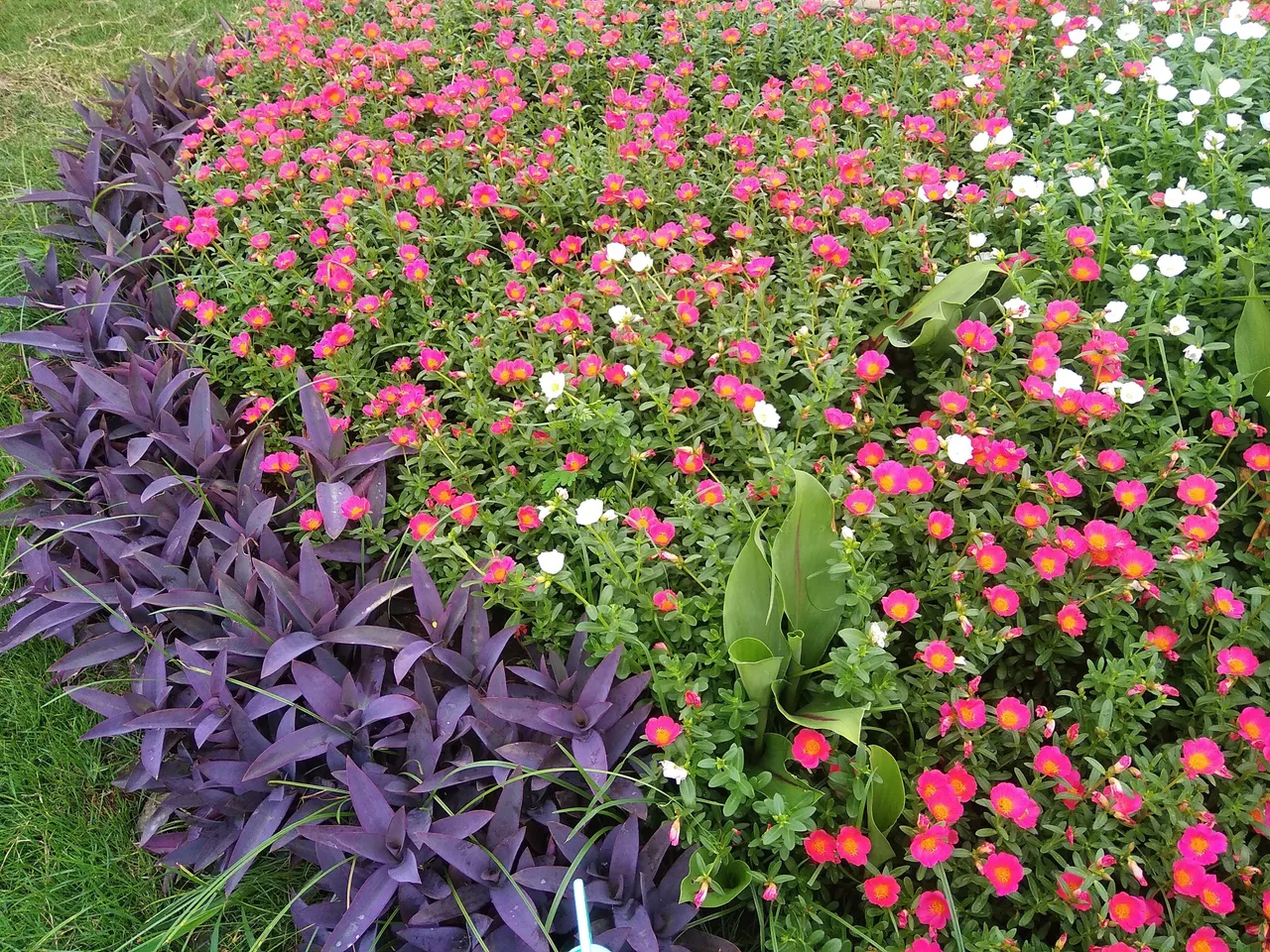
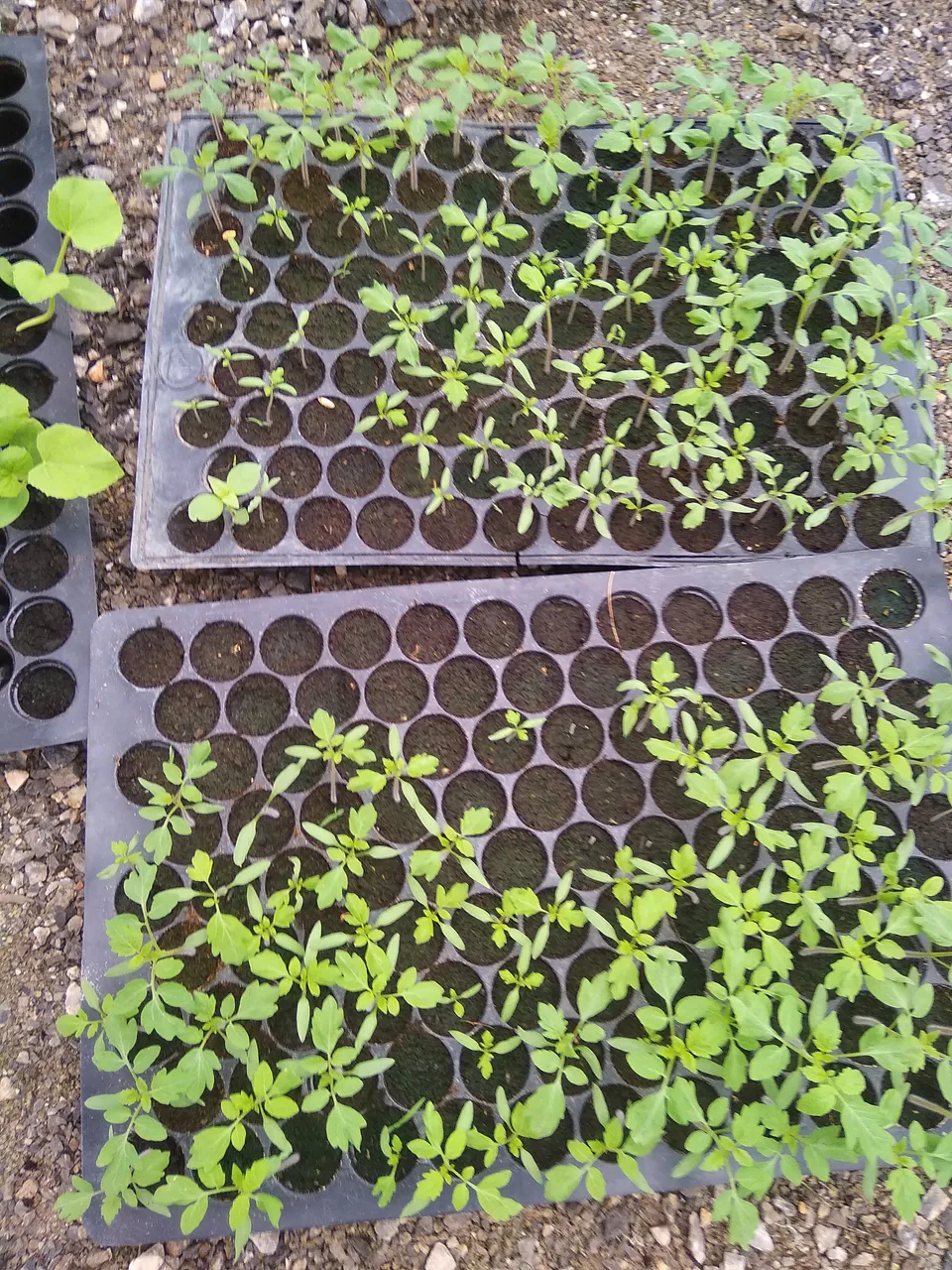
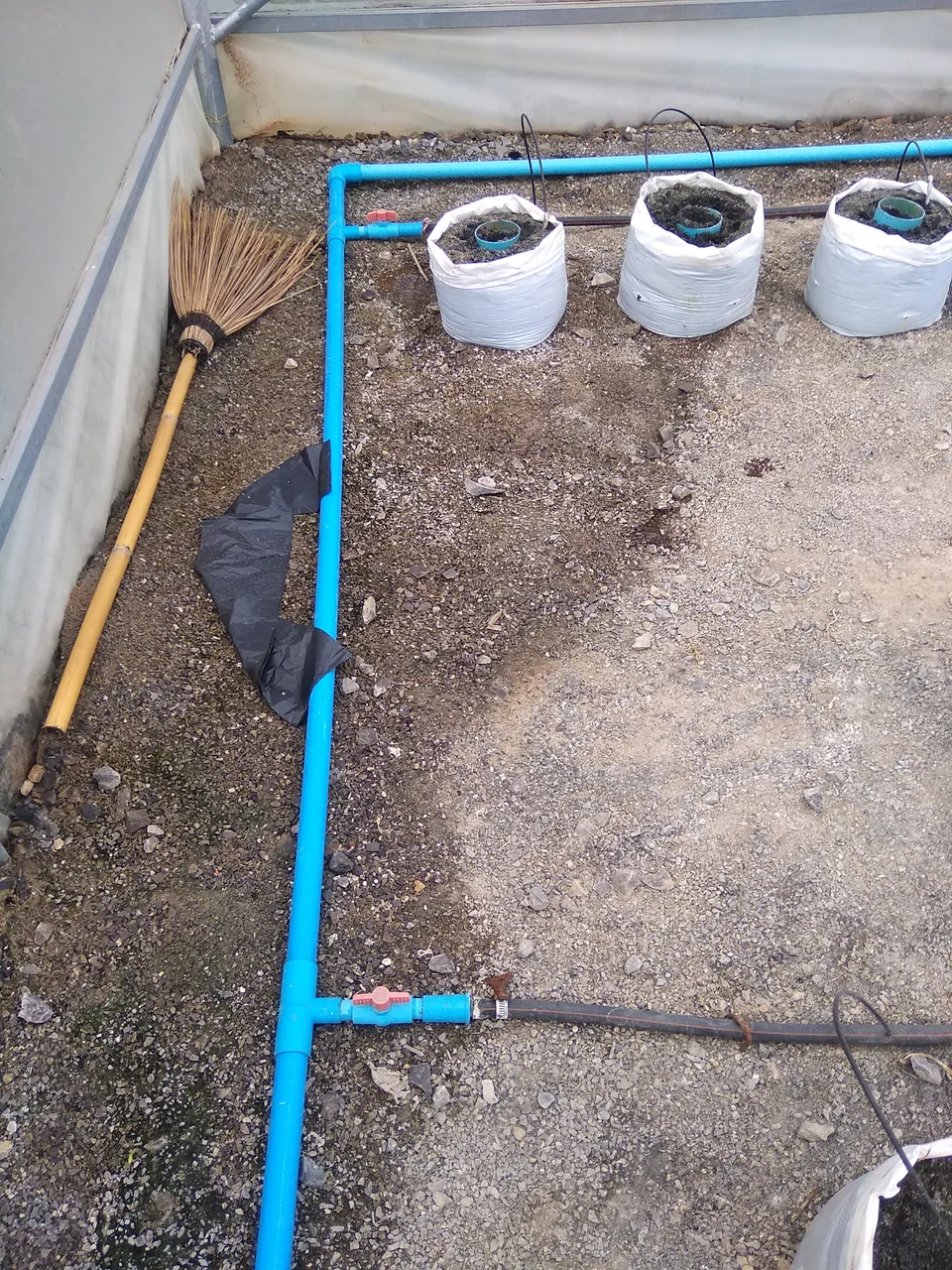
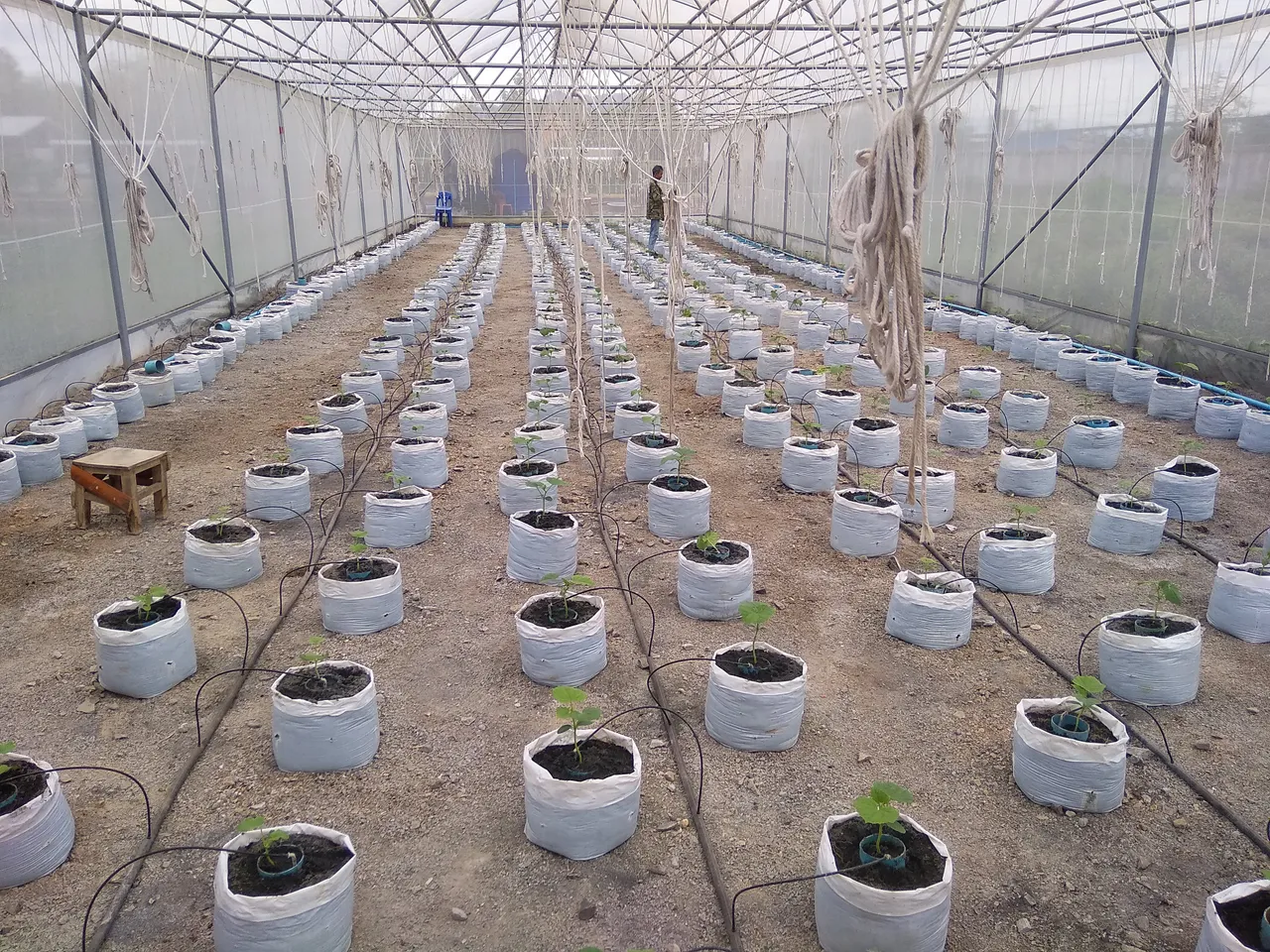
Japanese Wasps: Japanese wasps, or Vespa mandarinia, are invasive species in many parts of the world, including Europe. They are known for their aggressive behavior and ability to prey on other insects, including honeybees. The spread of these wasps can disrupt local ecosystems and harm native species.
Pesticides and Fertilizers: The use of pesticides and fertilizers in agriculture is common worldwide, including in France. Pesticides are used to control pests that can damage crops, while fertilizers are used to enhance soil fertility. However, the use of these chemicals can have unintended consequences on the environment.
Now, the relationship between Japanese wasps and pesticides/fertilizers can be indirect:
Impact on Native Predators: Excessive use of pesticides may harm native predators and insects that control pests naturally. This can create a void in the ecosystem, allowing invasive species like Japanese wasps to thrive without natural checks and balances.
Altered Ecological Dynamics: Pesticides can disrupt the food chain, indirectly affecting the abundance of prey for predators like wasps. Additionally, changes in plant composition due to fertilizers can influence the availability of nectar and pollen for pollinators, potentially affecting the food sources of wasps.
Habitat Changes: Intensive agriculture, often associated with pesticide and fertilizer use, can lead to habitat destruction. This can displace native species and potentially provide opportunities for invasive species to establish themselves.
It's important to note that the relationship between Japanese wasps and pesticide/fertilizer use is complex and not the sole factor in their presence. Climate, habitat suitability, and other ecological factors also play a significant role.
To address this issue and its potential ecological implications, it's crucial for policymakers, researchers, and conservationists to study and understand these relationships thoroughly. Conservation efforts may involve both controlling invasive species and adopting more sustainable agricultural practices to minimize the impact of pesticides and fertilizers on local ecosystems.